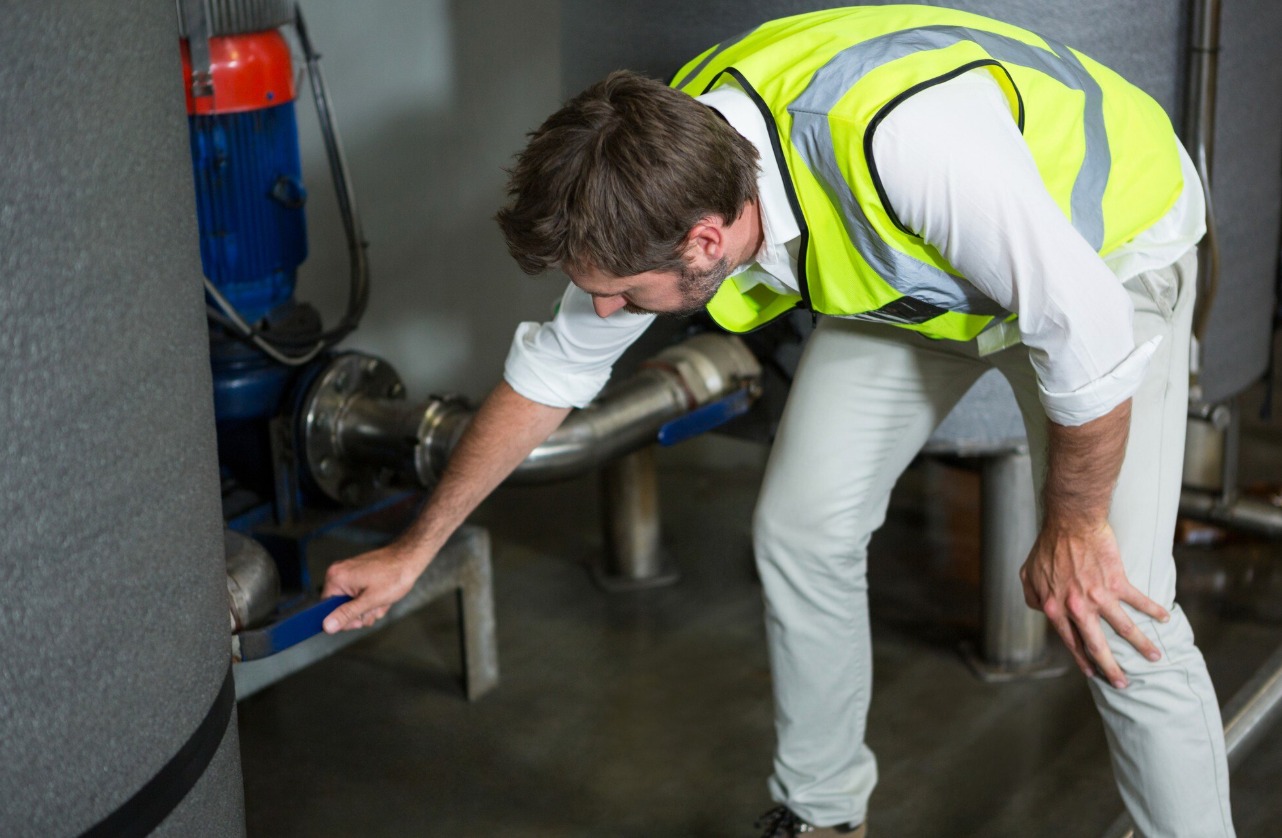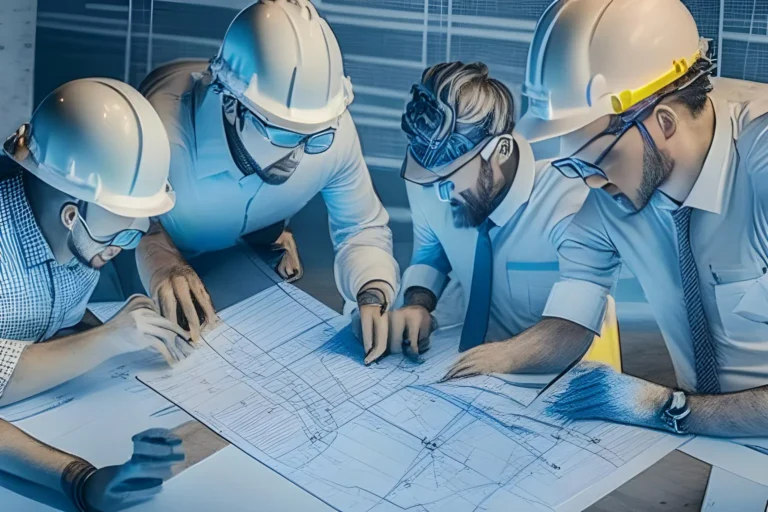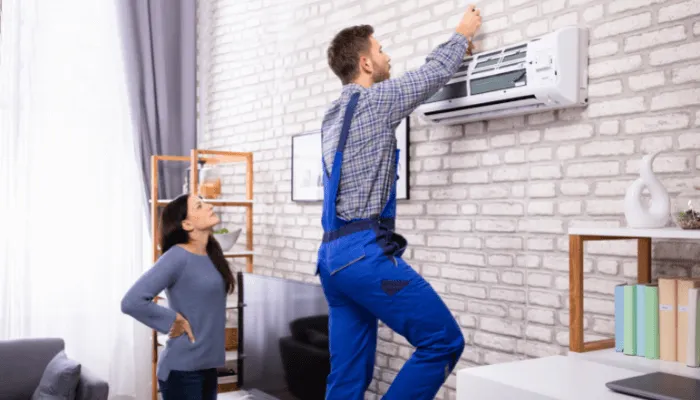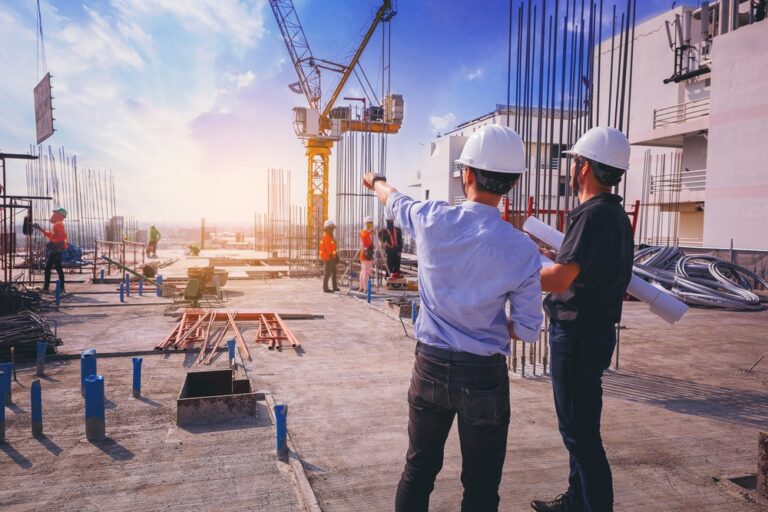Is Boiler Repair Considered a Plumbing Emergency?
Winter hits hard, and suddenly your boiler stops working. You’re sitting in a cold house, wondering if this counts as an emergency or if you need to wait until regular business hours. The answer depends on several factors, but understanding when boiler problems require immediate attention helps you make the right call and keep your family safe.
Understanding Boiler Emergencies vs. Regular Repairs
Not every boiler problem is an emergency, but many are.
A true emergency involves immediate danger to your health, safety, or property. A boiler leaking water onto your floor? That’s an emergency. Strange smells coming from your unit? Emergency. Complete loss of heat during freezing temperatures? Depending on your situation, this might be an emergency too.
Regular repairs include things like minor efficiency drops, occasional strange noises that don’t indicate danger, or small issues that don’t affect your heat or safety. These problems still need attention, but they don’t require a midnight call to your plumber.
When Your Boiler Problem Needs Immediate Attention
Several situations demand immediate professional help. If you experience any of these, contact emergency services right away:
Gas Leaks: If you smell gas (often described as a rotten egg smell), leave your home immediately. Don’t turn lights on or off, don’t use your phone inside the house, and don’t try to locate the leak yourself. Call your gas company and emergency services from outside. Finding the Best boiler repair boulder co services means finding professionals available 24/7 for exactly these situations.
Carbon Monoxide Concerns: Carbon monoxide is odorless and deadly. If your carbon monoxide detector goes off, or if family members experience headaches, dizziness, nausea, or confusion, evacuate immediately and call for help. A malfunctioning boiler is one of the leading causes of carbon monoxide poisoning in homes.
Major Water Leaks: A boiler leaking significant amounts of water threatens your home’s structure and your belongings. Water damage spreads quickly, and the longer you wait, the more expensive repairs become. Shut off your water supply if possible and call for emergency repair.
The Boiler Repair Process: What Professionals Do
When a qualified technician arrives to repair your boiler, they follow a systematic approach to diagnose and fix the problem safely.
Initial Safety Check: Before anything else, the technician checks for immediate safety hazards. They test for gas leaks, check carbon monoxide levels, and inspect for dangerous water leaks or electrical issues. Your safety comes first, always.
System Diagnosis: The technician examines your boiler system thoroughly. They check the thermostat, inspect the pressure gauge, examine the pilot light or ignition system, look for error codes on digital displays, and test various components to pinpoint the exact problem.
Explaining the Problem: A good technician explains what’s wrong in terms you understand. They should tell you what failed, why it failed, what repairs are needed, and how much everything will cost before starting work.
Performing Repairs: Depending on the issue, repairs might involve replacing a faulty valve, fixing a leaking pipe joint, replacing the thermocouple or flame sensor, repairing or replacing the circulator pump, fixing electrical connections, or bleeding air from the system.
Testing and Verification: After repairs, the technician runs your boiler through complete cycles to ensure everything works properly. They verify proper pressure levels, confirm heat distribution throughout your home, check for any remaining leaks, and ensure all safety features function correctly.
Preventive Recommendations: Before leaving, experienced technicians often point out other issues they noticed. They might recommend maintenance tasks or warn you about parts that will need replacement soon.
Why DIY Boiler Repair Is Dangerous
You might be handy around the house and comfortable fixing many things yourself. Boilers are different. Here’s why DIY boiler repair is dangerous and usually illegal:
Gas System Risks: Boilers connected to natural gas lines require specialized knowledge. One mistake while working on gas connections leads to leaks, which lead to explosions or carbon monoxide poisoning. Gas has killed entire families overnight. The risk is not worth any money you might save.
High Pressure Dangers: Boilers operate under significant pressure. Improperly repaired components fail catastrophically. A boiler explosion causes devastating property damage, severe injuries, or death. These aren’t theoretical risks, they happen to people who attempt DIY repairs.
Electrical Hazards: Modern boilers contain complex electrical systems. Mixing electricity with the water present in boiler systems creates electrocution risks. Even if you have electrical experience, boiler-specific wiring requires specialized knowledge.
Voiding Warranties: DIY repairs almost always void your manufacturer’s warranty. If your attempt to save money causes additional damage, you’ll pay for everything out of pocket. Professional repairs keep your warranty intact.
Legal and Insurance Issues: Many jurisdictions require licensed professionals to work on boilers. If you do your own repairs and something goes wrong, your homeowner’s insurance might deny your claim. If someone gets hurt or dies because of your DIY repair, you face legal liability.
Complex Diagnostics: Boilers have interconnected systems. One symptom might have multiple possible causes. Professionals use specialized tools and their training to diagnose problems accurately. Guessing at the problem leads to replacing parts that don’t need replacement while the real issue continues.
What Homeowners Should Do Instead
While you shouldn’t repair boilers yourself, you do have a role in maintaining and monitoring your system.
Regular Professional Maintenance: Schedule annual boiler inspections before winter arrives. Technicians clean components, test safety features, and catch small problems before they become emergencies.
Monitor Your System: Pay attention to how your boiler sounds and performs normally. Notice changes in noise levels, heating efficiency, or operating patterns. Report these changes to professionals before they become serious problems.
Keep the Area Clear: Maintain clear space around your boiler. Don’t store flammable materials nearby. Keep the area clean and accessible for emergency repairs if needed.
Know Your Shutoffs: Learn where your gas shutoff valve and water shutoff valve are located. In an emergency, knowing how to shut these off quickly limits damage while you wait for professional help.
Install Detectors: Keep working carbon monoxide detectors on every floor of your home, especially near sleeping areas. Test them monthly and replace batteries promptly.
The Cost of Emergency vs. Regular Repairs
Emergency repairs cost more than scheduled maintenance or regular business hours repairs. Emergency service calls often include premium rates for after-hours work. But consider what you’re paying for: immediate response during a crisis, stopping ongoing damage to your home, restoring heat during dangerous cold, and ensuring your family’s safety.
The most expensive repair is the one you delay. A small leak ignored becomes major water damage. A strange smell dismissed becomes a carbon monoxide tragedy. Odd noises overlooked become complete system failure.
Making the Right Call
So is boiler repair a plumbing emergency? Sometimes yes, sometimes no. Trust your instincts. If you smell gas, suspect carbon monoxide, see significant water leaks, or have no heat during extreme cold with vulnerable family members at home, call for emergency help.
For less urgent issues, schedule repairs during business hours. But don’t postpone repairs indefinitely. Your boiler keeps your family warm and safe. Treat problems seriously, leave repairs to trained professionals, and never risk your safety or your home trying to save a few dollars on DIY repairs.






